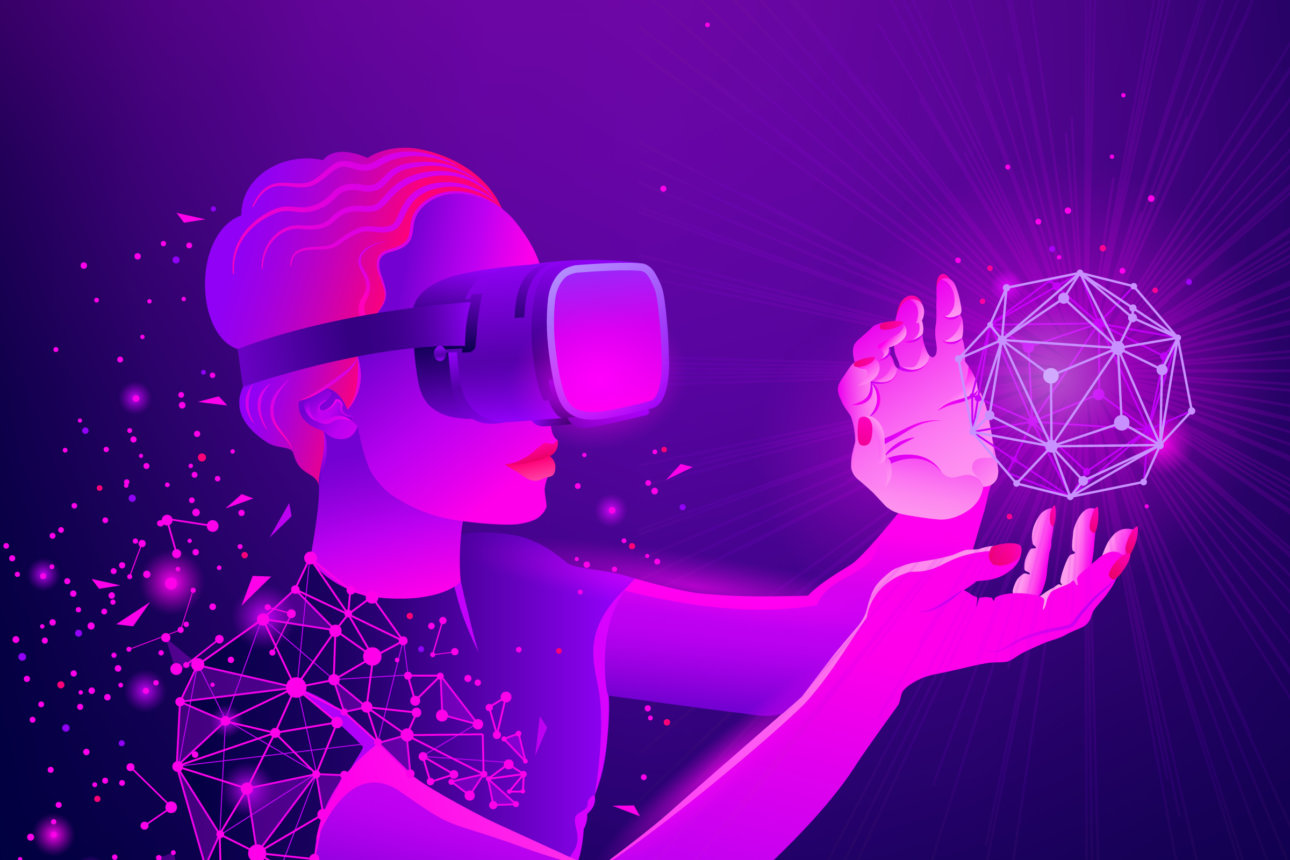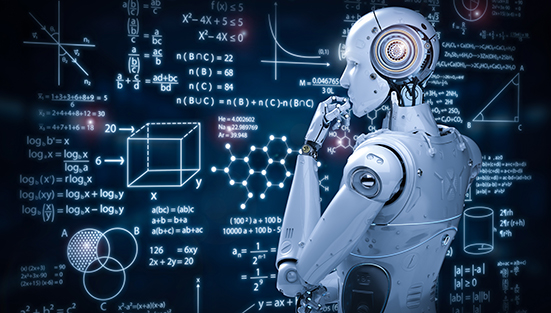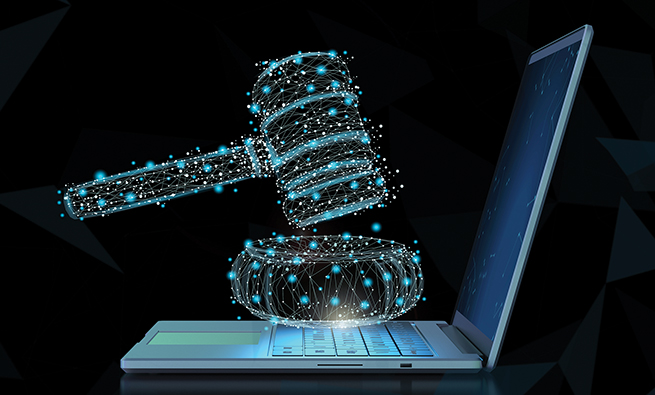In a fast-changing digital ecosystem, 2023 will usher in a remarkable assortment of technology innovations that will transform industries, reinvent human experiences, and push the bounds of innovation. As we approach the close of this momentous year, let us delve into the enthralling technical developments that will influence our future.
1. Holographic Reality: Linking the Physical and Virtual Worlds
Consider a future in which reality itself serves as a canvas for digital artists. Holographic technology is projected to transform how we interact with our surroundings by 2023. Holographic displays and projections will blur the distinction between the virtual and physical worlds, allowing for immersive experiences in industries as diverse as entertainment, education, and healthcare.
2. Unleashing Unprecedented Power Through Quantum Computing
Quantum computing, which was long considered a pipe dream, is now a reality. Quantum computing has the capacity to tackle difficult problems at rates unfathomable with traditional computers, ushering in a new age of scientific discovery, cryptography, and optimization.
Achieved Quantum Supremacy
The elusive objective of quantum supremacy, in which quantum computers outperform their conventional counterparts, is within reach. This achievement will pave the way for previously unimaginable computing capabilities.
3. Decentralized Finance (DeFi): Reorganizing the Financial System
With the development of DeFi, the financial sector is undergoing a seismic transformation. DeFi platforms, which use blockchain technology, provide decentralized, transparent, and accessible alternatives to existing financial institutions.
Non-Financial Transactions and Digital Ownership
Non-fungible tokens (NFTs) are continuing to challenge established notions of ownership. NFTs enable users to own and exchange unique digital assets like as digital art and real estate in a safe and transparent manner.
4. Sustainable Technology: Integrating Innovation and Environmental Concerns
As environmental worries grow, sustainable technology takes center stage. Technology is paving the path for a greener, more sustainable future, from renewable energy advancements to eco-friendly manufacturing practices.
Energy Optimization Driven by AI
AI is being used to improve energy use habits, making sustainable practices more accessible to consumers and enterprises alike.
5. Redefining Human Interaction with Extended Reality (XR)
With the advancement of Extended Reality, the lines between physical and digital realities are becoming increasingly blurred. XR is transforming how we interact, learn, and amuse by combining augmented reality (AR), virtual reality (VR), and mixed reality (MR).
Virtual Collaboration Environments
XR presents novel virtual collaboration settings in which teams engage smoothly regardless of geographical location, ushering in a new era of remote work.
6. 5G and Beyond: Boosting Connectivity and Innovation
The deployment of 5G technology is the foundation of a hyper-connected future. Aside from greater download speeds, 5G enables real-time communication between devices, transforming industries such as healthcare, transportation, and manufacturing.
Internet of Things (IoT) Integration
5G speeds up the integration of IoT devices, allowing smart cities and efficient management of resources on an unprecedented scale.
7. Biometric Security Advances: Strengthening Digital Identities
Biometric authentication systems such as fingerprint and face recognition are replacing traditional passwords. These innovations improve security and improve user experiences across several digital platforms.
Ethical Points to Consider
With greater dependence on biometric data, ethical debates about data privacy and permission are gaining traction.
8. Robotics and Automation: Improving Efficiency Across Industries
Robots are no longer restricted to science fiction in 2023. Automation is simplifying industries ranging from manufacturing and logistics to healthcare and agriculture, thanks to developments in robotics and artificial intelligence.
Collaboration Between Humans and Robots
Collaborative robots, or cobots, operate alongside people to improve efficiency and safety in fast-paced workplaces.
9. Edge Computing: Data Processing Near the Source
Processing data at faraway data centers becomes inefficient as data creation increases. Edge computing puts processing and data storage closer to the source of the data, allowing for speedier analysis and real-time decision-making.
10. Health Technology Renaissance: Personalized and Affordably Priced Healthcare
Technological advancements are transforming healthcare delivery. Healthcare is becoming more customized, accessible, and efficient, thanks to advances in telemedicine and wearable health devices, as well as AI-driven diagnostics.
Evolution of Telehealth
Telehealth is expanding beyond virtual consultations to include remote patient monitoring and artificial intelligence-assisted diagnoses.
11. Cognitive AI: Enabling Human-Like Decision Making
Cognitive AI systems mimic human brain processes, boosting decision-making in complicated circumstances in fields such as finance, law, and healthcare.
AI Ethics and Accountability
As AI systems make key judgments, guaranteeing transparency, accountability, and ethical AI use becomes increasingly important.
12. Biotechnology Breakthroughs: Combining Biology and Technology
The merger of biotechnology and technology lays the path for ground-breaking advances in personalized medicine, genetic engineering, and bioinformatics.
13. Space Tourism: The Last Frontier for Adventurers
Space tourism is becoming a reality, giving daring explorers the opportunity to witness the cosmos firsthand.
14. Cybersecurity Difficulties in a Connected World
As technology evolves, so do cyber dangers. Strong cybersecurity measures have become essential for protecting sensitive data and digital infrastructure.
AI-Powered Cybersecurity
AI-powered cybersecurity systems respond to changing threats in real-time, enabling proactive protection mechanisms.
15. Ethical Technology Innovation: Creating a Sustainable Future
The relevance of ethical issues in innovation becomes evident in the face of fast technical advancement. It is critical to strike a balance between progress and ethical duty in order to shape a sustainable and inclusive future.
Conclusion: Looking Forward with Open Arms
These technological advancements reveal a future overflowing with potential as we travel through the changing environment of 2023. From quantum computing to reality blurring, each movement has the potential to change our lives and industry. Accepting these developments with open arms while keeping ethical and societal ramifications in mind will definitely lead us to a future in which technology enriches and empowers mankind.















Comments
Post a Comment